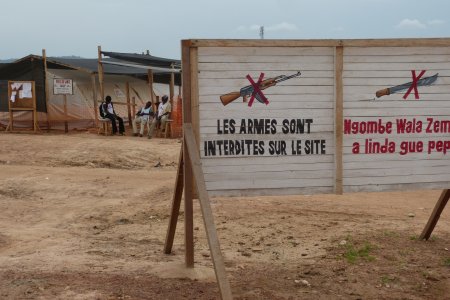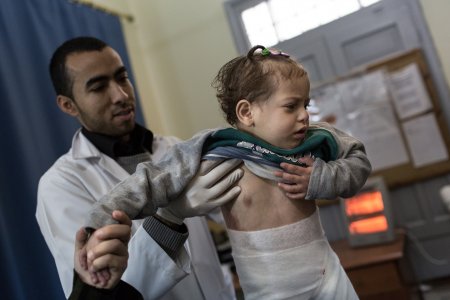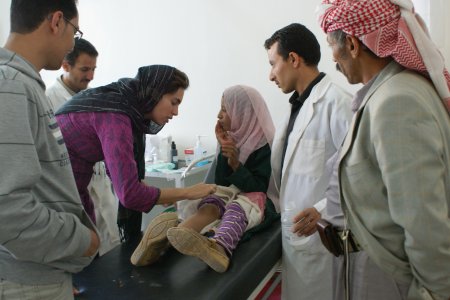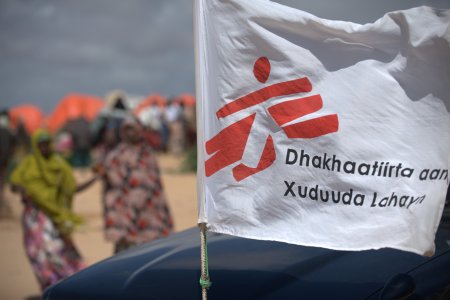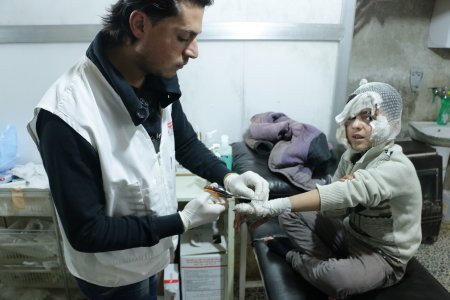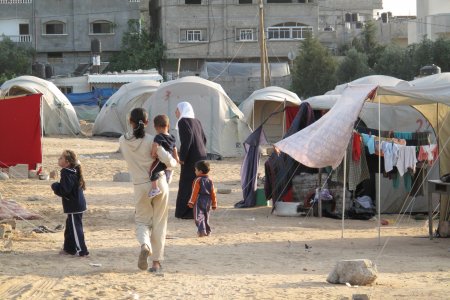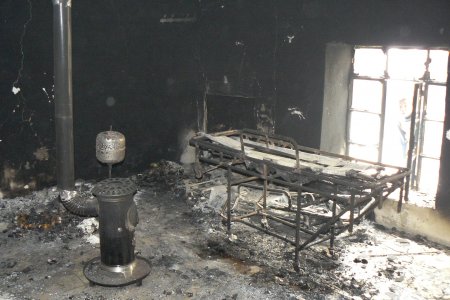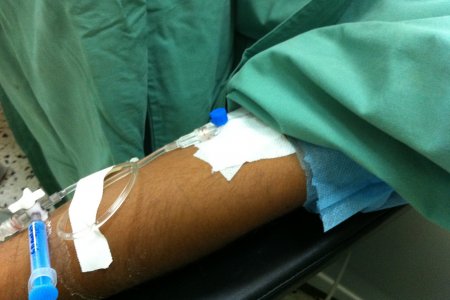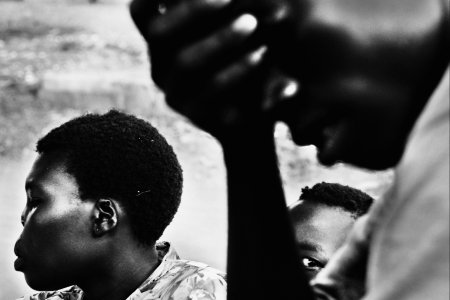How can aid workers help war victims without falling prey to, or becoming complicit with, their persecutors?
Humanitarian organisations have an ambiguous relationship with the violence of war. Seeking to relieve its severity, they contribute to its continuation to varying degrees while subjecting themselves to becoming targets. This collection of studies explores the way aid workers attempt to “humanise” war and face the risk of becoming victims of or complicit in the war.
Is medical care really under fire? A debate on humanitarian security
Is there anything fundamentally new in the security challenges faced by humanitarian organisations? When looking at the history of humanitarian assistance, as far back as the late 1800s, 'medical care' was operating under fire.
Risk Management and Humanitarian aid : an impossible marriage?
Humanitarian Affairs Advisor for the Canadian section of MSF, Clémentine Olivier reviews a recently published OCHA report 'Saving Lives Today and Tomorrow' (March 2014).
Debate : The limits of humanitarianism in Gaza
A few days after the start of the operation 'Protective edge', Jonathan Whittall, Head of Humanitarian Analysis at MSF posted an opinion in which he questions MSF's role in Gaza. Michaël Neuman, Director of research at MSF Crash responds.
Managing the risks to medical personnel working in MSF projects in Yemen
Michaël Neuman has just published paper, in Humanitarian Exchange Magazine focusing on the exposure to risk for medical personnel working in MSF projects in Yemen.
Remote management in Somalia
Discussions on the merits of remote control management of humanitarian projects have been particularly intense over the last few years. We are pleased to share this contribution published in Humanitarian Exchange Magazine by Joe Belliveau, the operational manager for Somalia in the Dutch section of our organisation.
Syria: "Health facilities have become part of the war zone"
In June, MSF opened a hospital in the Idlib region in northern Syria, an area under rebel control. Located behind the front lines, the hospital has 15 beds and a staff of approximately 50, including 10 international MSF workers.
Gaza: Alive, but slimmer
Last October, the Israeli Minister of Defence resolved under judicial order to declassify documents dating from January 2008. These archives contain the implementation details of the embargo imposed on Gaza in 2007.
Jean-Hervé Bradol: "In Syria, delivering aid is expensive, low-impact and highly frustrating".
Jean-Hervé Bradol has just returned from an exploratory mission in northern Syria. He is interviewed by La Croix.
Torturing in peace with medical help
Two operational situations have recently caused Médecins Sans Frontières to confront the question of torture and the instrumentalisation of medicine by those who practise it.
Negotiating Humanitarian Access: How Far to Compromise to Deliver Aid
On January 26, the Brookings-LSE Project on Internal Displacement and Doctors Without Borders/Médecins Sans Frontières (MSF) hosted a discussion on the compromises and negotiations the humanitarian aid community must contend with during crisis situations.
Follow-up to "Wartime rapes: men, too"
In "Wartime rapes: men, too", I discussed an article, "The rape of men", by Will Storr published in The Observer on 17 July 2011.
Wartime rapes: men, too
Since the beginning of the 2000s, a number of English-language researchers have regularly asked the following question: why do international aid organisations pay so little attention to rapes of men and boys committed during armed conflicts?

